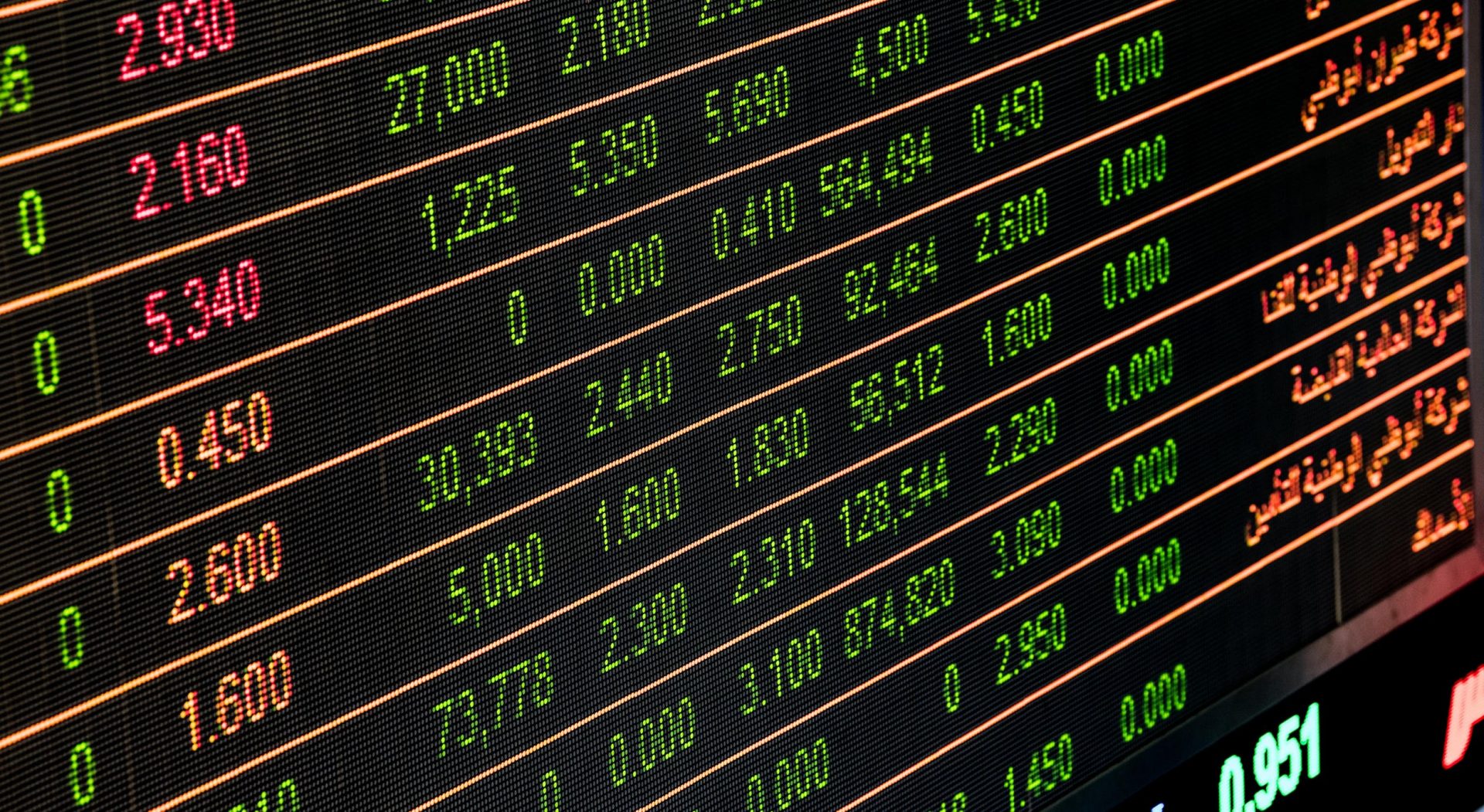European stock markets are rising as inflation in the United Kingdom hits a new 30-year high.
Despite the UK inflation rate climbing to a fresh 30-year high of 5.5 percent on Wednesday, European stock markets rose.
The FTSE 100 (FTSE) opened 0.1 percent higher in London, weighed down by a stronger pound, while the CAC (FCHI) gained 0.4 percent and the DAX (GDAXI) gained 0.4 percent.
The Office for National Statistics (ONS) revealed that, price drops in clothes and footwear, as well as transportation, contributed the most to the monthly rate in January.
Meanwhile, housing and household services, food and non-alcoholic beverages, and alcohol and tobacco contributed the most to the monthly rate's rise.
Last month, the CPI declined by 0.1 percent on a monthly basis, compared to a 0.2 percent drop in January 2021.
The announcement propelled the pound higher versus the dollar (GBPUSD=X) as the Bank of England's latest inflation statistics raised expectations of aggressive interest rate hikes (BoE).
Sterling rose 0.2 percent versus the dollar to $1.3558, but remained unchanged against the euro at 83.9p.
"As UK inflation touched a 30-year high of 5.5 percent, the FTSE 350 performed just as one would expect." The growing cost of living affects many of the top risers and fallers, according to Danni Hewson, financial analyst at AJ Bell.
"Banks such as NatWest (NWG.L) were among the gainers, as increased inflation strengthens the case for higher interest rates, which would improve the sector's revenues." Banks' net interest margins, the gap between the interest rates they charge for loans and the interest they pay on savings accounts, should improve.
"In an inflationary environment, commodity prices tend to climb, which explains why mining company Anglo American (AAL.L) was among the top risers on the FTSE 350."
As trade opened in Europe, S&P 500 futures (ES=F) were up 0.2 percent, Dow futures (YM=F) were up 0.2 percent, and Nasdaq futures (NQ=F) were also up 0.2 percent.
The newest retail sales numbers for January, as well as the latest FOMC minutes, will be watched closely by investors.
After a -1.9 percent drop in December, retail sales in the United States are expected to increase by 2%.
"This optimism is based on better wage growth, which has been much more resilient and has been rising consistently for two to three months, while jobs growth has also been solid, defying some of the gloom surrounding the spread of Omicron, though consumer confidence has been weak," said Michael Hewson of CMC Markets.
"However, the drop in December retail sales, combined with a -0.2 percent lower adjustment for November, could simply be the result of US consumers purchasing all of their Christmas items early in October, when sales surged by 1.8 percent, due to supply chain disruption concerns."
On Wednesday, Asian stocks gained, boosted by expectations for a diplomatic solution rather than a Russian invasion of Ukraine. Analysts cautioned, however, that the tensions were far from settled and that the situation remained fragile.
The Nikkei (N225) surged 2.2 percent, the Hang Seng (HSI) increased 1.5 percent, and the Shanghai Composite (000001.SS) rose 0.6 percent in Japan.

